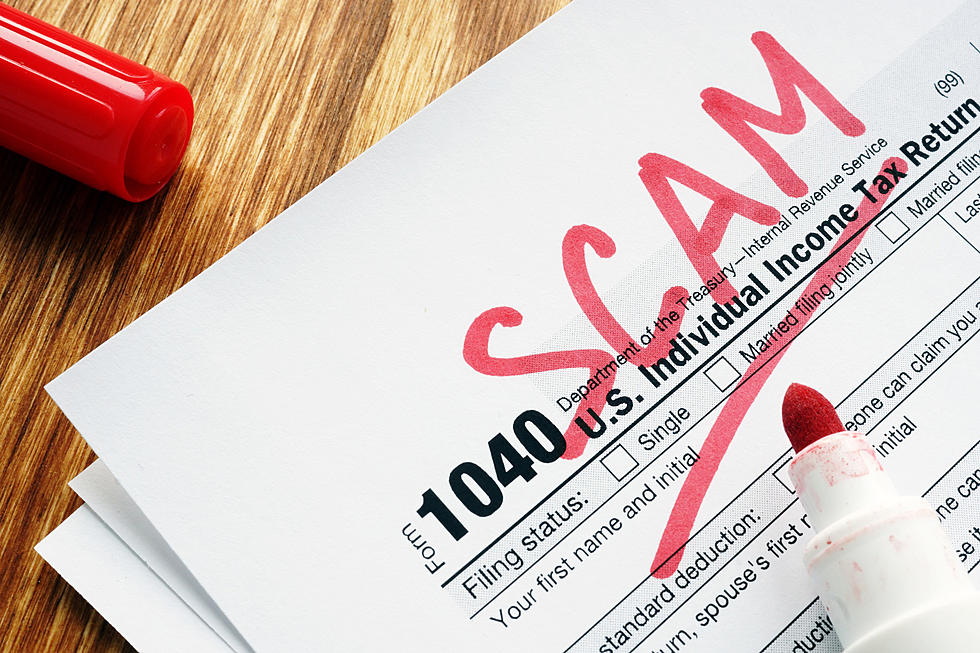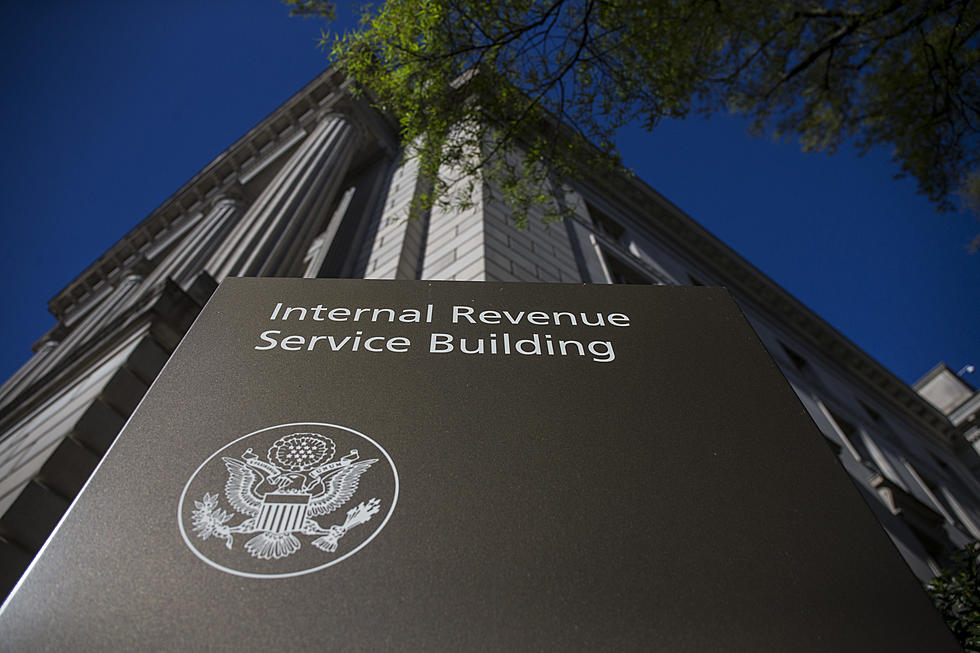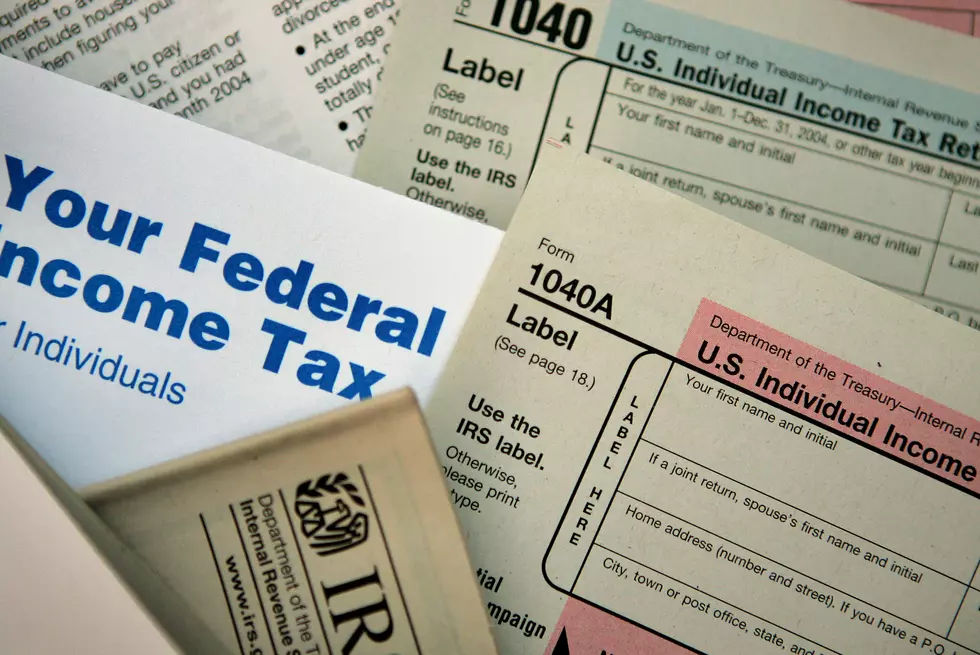
How To File an Extension For Your 2010 Taxes
Because of Emancipation Day, a little known Washington D.C. holiday that this year is being celebrated on April 15, US taxpayers had until April 18 to file their taxes.
For some people that still won't be enough time to get all their papers in order. If you find yourself in that boat, you can file for an extension with the IRS.
It's important to remember that filing an extension doesn't extend the due date for any money you owe the IRS, and you will have to pay interest and possibly penalties on any money you send to the government after the April 18 deadline.
Read on for advice, from the IRS website, on who should and shouldn't file for an extension.
This is what you should do if your paperwork is complete, but you don't have the money to pay:
File on time even if you can’t pay If your return is completed but you are unable to pay the full amount of tax due, do not request an extension. File your return on time and pay as much as you can. The IRS will send you a bill or notice for the balance due. To apply online for a payment agreement, go to the IRS website at http://www.irs.gov and click “Apply for an Online Payment Agreement (OPA)” at the left side of the home page under Online Services. If you are unable to make payments, call the IRS at 800-829-1040 to discuss your options.
For those who have the money to pay, but still need more time to file their paperwork this is what you do:
Form to file Request an extension to file by submitting Form 4868, Application for Automatic Extension of Time to File U.S. Individual Income Tax Return, to the IRS by April 18, 2011, or make an extension-related electronic credit card payment. For more information about extension-related credit card payments, see Form 4868.
The IRS website offers a very clear rundown of who should be filing an extension, and how to get the proper forms for doing so. You can check that out here.
- Contributed Jeremy Taylor
More From B105









